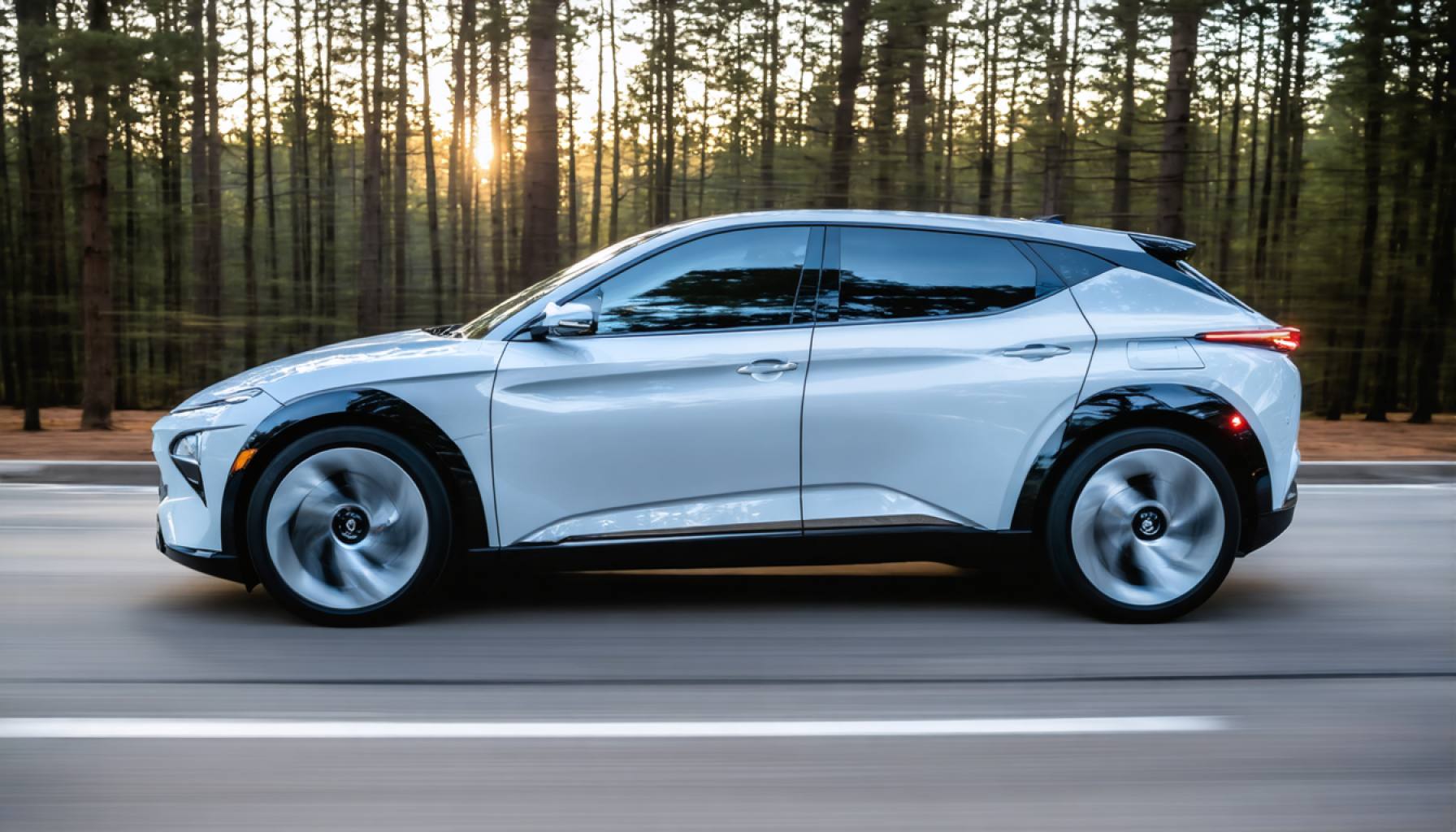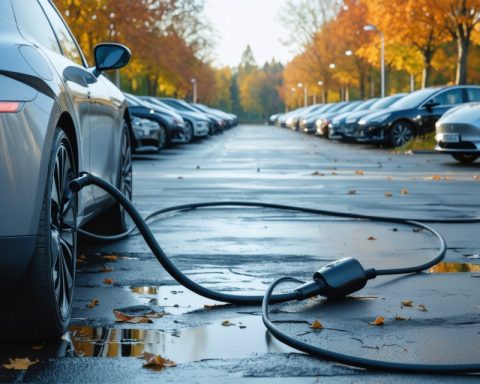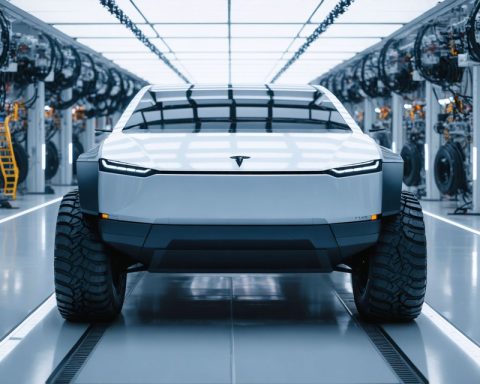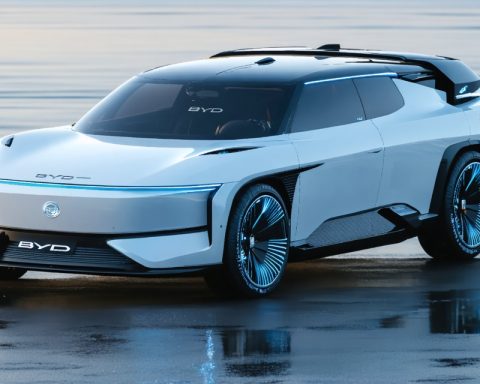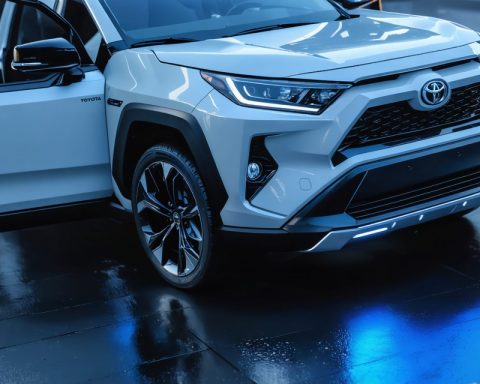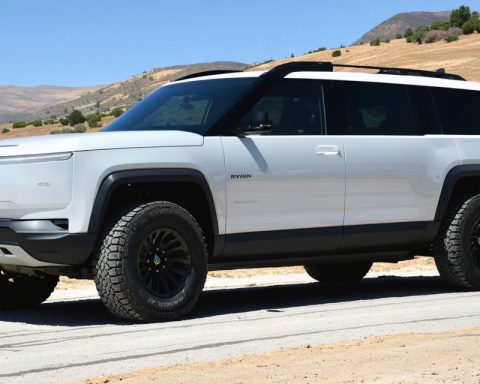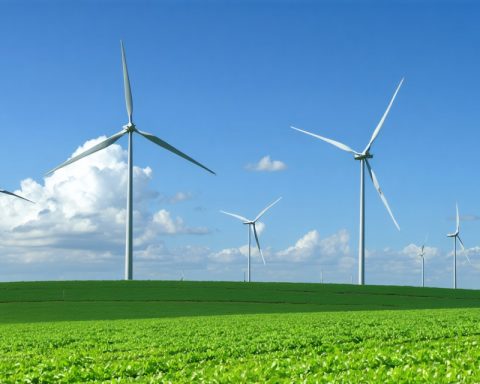- Hyundai’s Georgia plant expansion boosts production capacity from 300,000 to 500,000 vehicles yearly, emphasizing their commitment to the U.S. market.
- The site, sprawling across 3,000 acres, focuses on the rapid production of EVs, like the Ioniq 5 and Ioniq 9, underlining Hyundai’s position in the electric vehicle sector.
- With a total planned U.S. investment of $21 billion, including a new $5.8 billion steel mill in Louisiana, Hyundai aims to support its expanded operations.
- A partnership with LG Energy Solution at the Bryan County site promises 8,500 jobs, with potential for more as expansion continues.
- Hyundai aims to continue its push toward eco-friendly transportation solutions, complementing the growing trend of electric vehicles in the market.
Under the sprawling Georgia skies, an enormous vision is unfolding at Hyundai’s state-of-the-art assembly plant, where technology and manpower unite to forge a new chapter in American automotive history. Against the backdrop of workers clad in vibrant blue shirts, Hyundai Motor Group’s Executive Chairman, Euisun Chung, announced a dramatic expansion that will catapult the plant’s output from 300,000 to 500,000 vehicles annually. This isn’t just an expansion; it’s Hyundai’s declaration of its unwavering commitment to America—bringing with it promises of investment, growth, and innovation.
Inside the bustling plant spanning 3,000 acres, the rhythmic dance of steel stamps and the steadfast precision of robotic arms bring to life the sleek Ioniq 5 and the more commanding Ioniq 9. This relentless pace of production—about one vehicle per minute—symbolizes Hyundai’s rapid ascent in the electric vehicle (EV) market. In just under two years, the company transformed the Georgia landscape into a thriving epicenter of EV manufacturing, marking the largest economic development project in the state’s history.
As the company’s U.S. expansion gains momentum, it plans to infuse $21 billion into the nation over the next three years—an investment unveiled with grandeur alongside former President Trump. This bold strategy includes a $5.8 billion state-of-the-art steel mill in Louisiana to feed the unquenchable thirst of Hyundai’s production lines in Georgia and Alabama.
The coastal city of Savannah, with its rich tapestry of storied oak trees and historic charm, finds itself at the heart of a futuristic revolution. Situated just 50 miles west of the city, the Bryan County site, in partnership with battery giant LG Energy Solution, is set to become a beacon of employment, targeting 8,500 workers—a figure poised for possible growth as the expansion progresses.
Hyundai’s spectacle of speed and efficiency isn’t just reshaping Georgia’s economy; it’s redefining the very fabric of the American automotive market. The Ioniq 5 galloped ahead in the EV race, becoming the second-best-selling electric vehicle in the U.S., trailing only behind Tesla, during the first half of 2024.
But what does this grand vision mean for the typical American? As electric vehicles increasingly pepper the roadways—now accounting for a growing slice of all new vehicle sales—the choice for eco-friendly, high-tech transport becomes more accessible. Hyundai’s ambitious leap not only promises to bolster local economies and create jobs but also signifies a powerful shift toward sustainable mobility solutions.
In this dynamic landscape, Hyundai and Georgia’s partnership paints a vivid portrait of the future: one where cutting-edge technology, economic vitality, and environmental consciousness harmoniously intersect. As Hyundai forges ahead, revving up its engines for even greater achievements, the pathway not just for the company but for a greener, more innovative America appears even brighter.
The Electric Revolution: Hyundai’s Game-Changing Expansion in Georgia
Hyundai’s Expansion and Its Impact on the American Auto Industry
Hyundai’s aggressive expansion in the American automotive sector symbolizes a monumental shift toward electric vehicles (EVs) and sustainable manufacturing. The project in Georgia is a testament to Hyundai’s commitment to innovation, economic development, and environmental responsibility.
New Developments at Hyundai’s Georgia Plant
Hyundai’s new assembly plant in Georgia, sprawling over 3,000 acres, is not just a manufacturing site; it’s an ecosystem of advanced technology and automation. Approximately one car rolls off the line every minute, showcasing Hyundai’s production efficiency. This plant emphasizes the sleek Ioniq 5 and the more commanding Ioniq 9, both pivotal in Hyundai’s EV lineup.
Economic and Employment Impact
The plant is set to employ around 8,500 workers initially, with potential for further growth. This employment surge is expected to ripple through the local economy, offering numerous indirect job opportunities in supporting industries.
Partnering with LG Energy Solution on this venture is also noteworthy, as it positions Hyundai as a formidable player in the battery supply chain—crucial for EV production.
Market Trends and Industry Shifts
The demand for EVs continues to grow, and Hyundai’s plant expansion aligns with market forecasts projecting a steady increase in EV sales. According to the International Energy Agency (IEA), global EV sales surpassed 10 million in 2023, with the U.S. taking a significant share.
Moreover, Hyundai’s decision to build a $5.8 billion steel mill in Louisiana further reflects the company’s strategy to secure a robust supply chain, reduce production bottlenecks, and decrease reliance on external suppliers.
Challenges and Considerations
1. Supply Chain Complexities: While Hyundai’s investments in a steel mill and battery partnerships are strategic, global supply chain disruptions could impact production timelines and costs.
2. Regulatory Compliance: As with any large-scale industrial venture, Hyundai must navigate federal and state regulations around environmental standards and labor practices.
Sustainability and Environmental Goals
Hyundai’s expansion is deeply intertwined with its sustainability goals. EVs offer a cleaner alternative to traditional combustion engines, and the employment of renewable energy in their production processes further reduces their carbon footprint. The shift not only meets consumer demands for eco-friendly products but is also in line with global trends pushing for greener policies and technologies.
Recommendations and Tips for Consumers
1. Embrace EVs Now: With increasing infrastructure for EV charging and support, it’s an opportune time to consider switching to electric vehicles for long-term savings and environmental benefits.
2. Stay Informed on Incentives: Federal and state incentives for EV buyers can significantly reduce purchase costs. Stay updated on available financial subsidies.
3. Monitor Industry Developments: Follow Hyundai’s ongoing developments, as new models and technologies might soon hit the market, offering more choices to consumers.
4. Consider Total Cost of Ownership: Evaluate the long-term savings on fuel, maintenance, and taxes when considering an EV purchase.
Final Thoughts
Hyundai’s expansion in Georgia is not merely a business strategy; it’s a pivotal chapter in the evolution of the American auto industry towards more sustainable practices. The ripple effects of this ambitious project could redefine local economies and set a benchmark for the future of mobility in the U.S.
For more information on Hyundai’s global strategies and other initiatives, visit the official Hyundai website.
